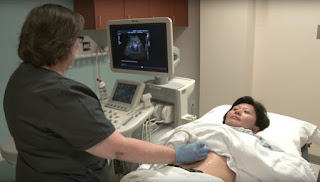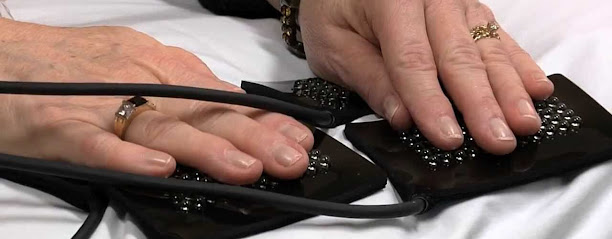Posttraumatic Stress Disorder (PTSD), is once called shell shock or battle fatigue syndrome. is a serious condition, which may develop after a person has experienced or witnessed a traumatic or terrifying event, in which there was serious bodily harm or danger. PTSD is a permanent result of a traumatic ordeal, which causes intense fear, helplessness, or panic. Examples of things that can bring on PTSD include sexual or physical assault, the unexpected death of a loved one, an accident, war, or a natural disaster. Victims' families can develop PTSD, as can emergency personnel and rescue workers. Post-traumatic stress disorder (PTSD) is a disorder that develops in some people who have experienced a shocking, frightening or dangerous event. It is natural to feel fear during and after a traumatic situation. Fear triggers many different changes in the body to help avoid or avoid danger.











